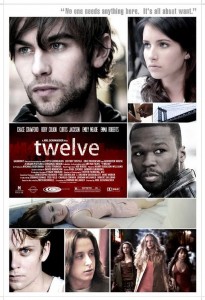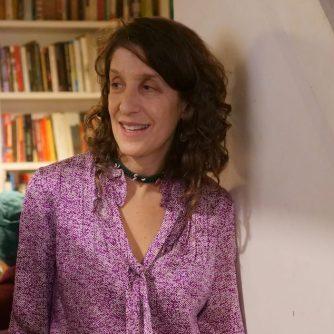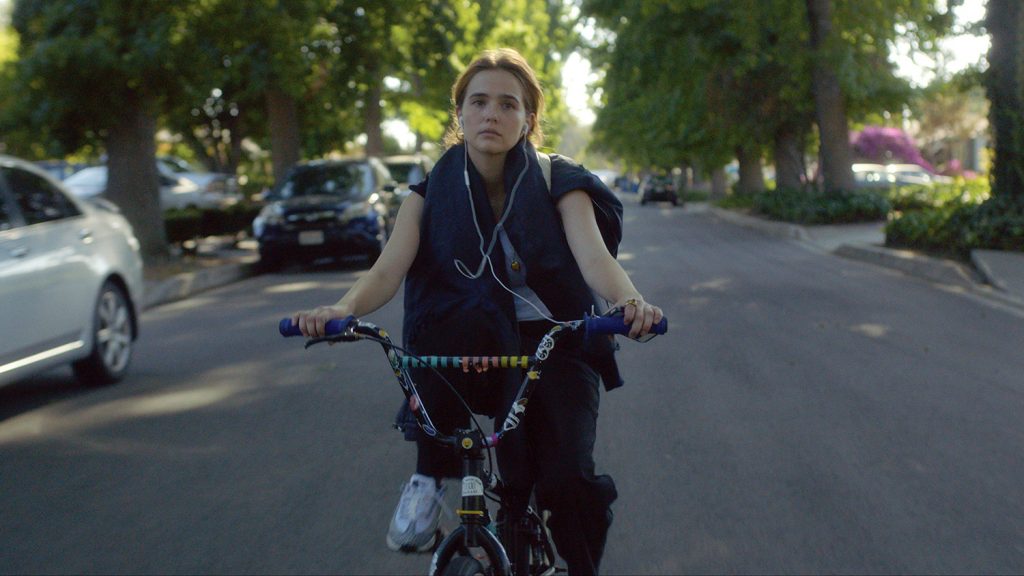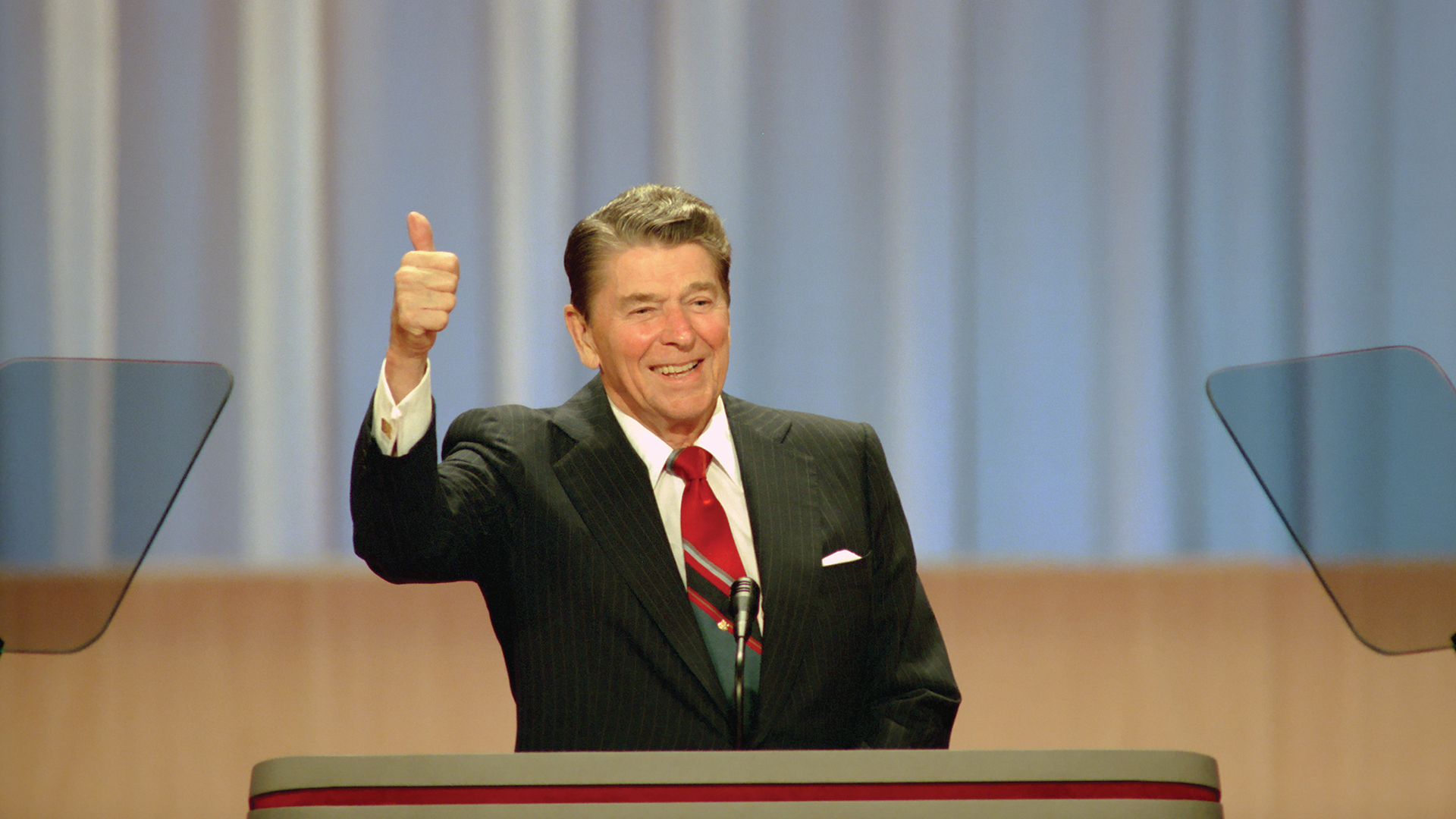 Directed by Joel Schumacher
Directed by Joel Schumacher
Produced by Jordan Melamed, Charles Corwin, Robert Salerno & Ted Field
Written by Melamed, based on the novel by Nick McDonell
Released by Hannover House
USA/France. 95 min. Rated R
Cast: Chace Crawford, Rory Culkin, Curtis Jackson, aka 50 Cent, Emily Meade, Keifer Sutherland, Esti Ginzburg, Billy Magnussen & Emma Roberts
[Article originally appeared: http://www.film-forward.com/twelve.html]
Adapted from a slim 2002 novel written by then-17-year-old Nick McDonnell, “Twelve” follows a group of privileged Upper East Side prep school kids on summer break. With their parents are off on various European vacations, the teenagers have little else to do other than partying, and these kids know how to party hard. Their go-to guy for recreational substances is former classmate White Mike (Chace Crawford), who dropped out a year earlier after his mother died of cancer. The casting of Crawford, an earnest enough cross-eyed young actor who sports a windswept quaff with the perfect amount of facial stubble, is a serious misstep. His scenes with his drug supplier, Lionel (Curtis Jackson, aka rapper 50 Cent), are simply not convincing. Crawford has absolutely nothing of the hustler in his demeanor.
Though Lionel tries to convince White Mike to sell twelve, a blend of cocaine and Ecstasy, White Mike draws the line in the sand at this especially addictive new drug. White Mike, it appears, has a conscious. He also chooses to abstain from all mood-altering substances. As explained by a friend, it’s his way to yield some power over his clientele. White Mike is very hard to understand as a result of these conflicting traits. We’re supposed to sympathize with him because he lost his mom (she appears in gauzy over-exposed flashbacks), plus the fact that his father lost his restaurant business and now waits table. But how are we to like him when he is contributing to the drug habits of everyone he knows? His only real emotional connection is with a childhood friend, Molly (Emma Roberts), whom he keeps in the dark about his occupation. He spends most of the movie on his cell phone talking with Molly or trying to find the whereabouts of a troubled cousin who disappears early in the story.
Not since the heyday of film noir have voice-overs worked to enhance movies; nowadays they are more often added as a way to fix them. In the case of “Twelve”, the voice-over is contributed by Kiefer Sutherland at his gravely finest, sounding too grim or plain flip and never quite in sync with the movie’s tone. Even without actually seeing Sutherland, his presence hovers throughout. He’s a direct link to such ’80s movie as “Bright Lights, Big City” (in which he co-starred) and “Less Than Zero” (in which he didn’t), two adaptations also written by youths culling their own experiences in similar circumstances. And as bad as the young adults behaved in those latter movies (they are now old enough to be the parents of these kids), they have far more redeeming qualities than the kids in Twelve; the possible exception being Chris (a convincing Rory Culkin), who lends out his parent’s house to the head mean girl who wants to throw herself an 18th birthday no one will forget. She certainly gets what she wants mostly thanks to Chris’s older bully of a brother, Claude (Billy Magnussen), who has cut short a stint at rehab.
Twelve is yet another addition to director Joel Schumacher’s rather uneven filmography, which includes two forgettable Batman movies and two watchable John Grisham adaptations. “Twelve” will not stand with his strongest contributions, but it isn’t his worse either. As forgettable as this movie is, it will never make it into that league of laughably bad films (“Showgirls”, “Troll 2”, etc.). I’d sooner recommend renting any of the first three seasons of Gossip Girl, which are currently available.





